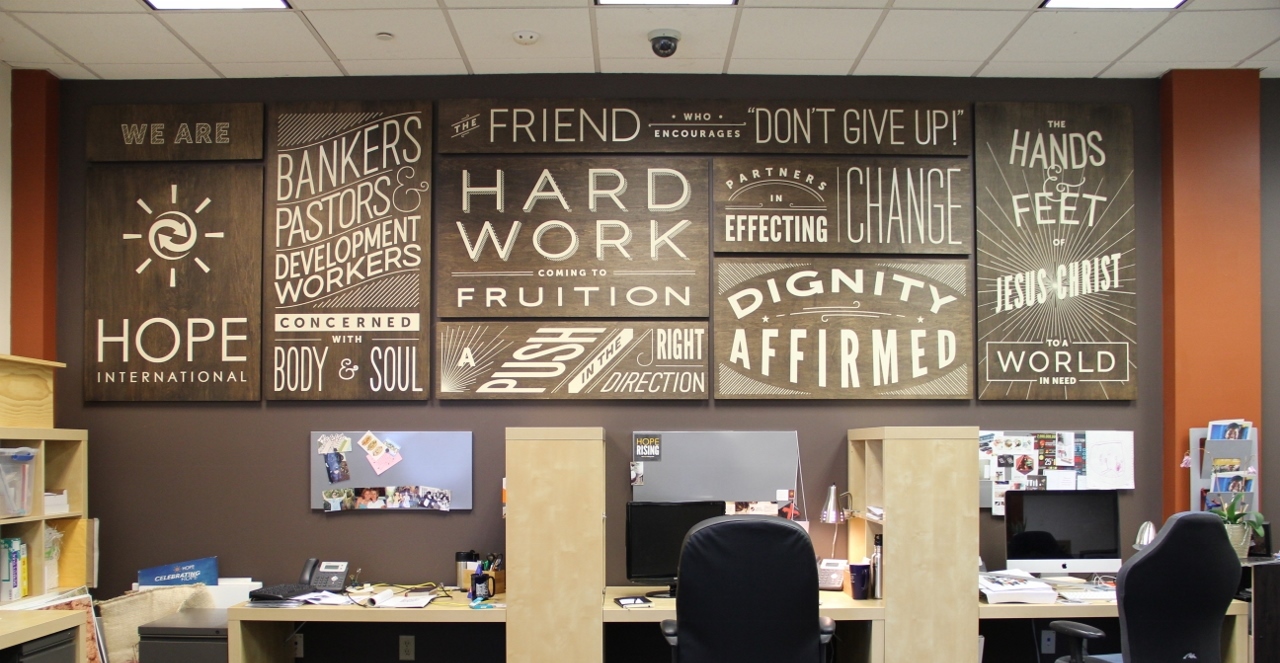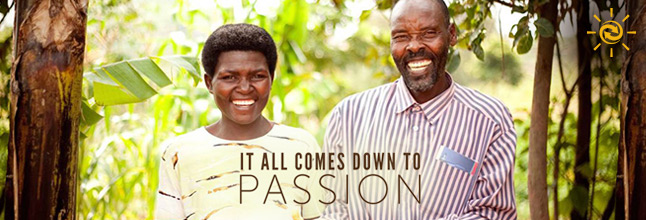Each year, HOPE celebrates clients who demonstrate HOPE’s values of perseverance, compassion, character, and creativity by announcing the Thurman Award. Established in honor of HOPE’s first CEO and his wife, the Thurman Award celebrates clients who have not only experienced change in their own lives but have also extended that transformation to others in their community. We’re excited to share the story of Jean Marie, this year’s winner!
A role model in his community, Jean Marie Habyarimana owns the only restaurant in his small town in southern Rwanda, and he’s been recognized by the leaders of his district for exemplary farming practices. But in all his success, Jean Marie points first to his deepening relationship with God: “I was a Christian before joining Urwego, but being surrounded by other Christians in my everyday life, learning together how to do business, assisted me in understanding that in all we do, we must involve God.”
Enriching the soil
Though Jean Marie is passionate about farming, the soil in his community makes it hard to grow anything but coffee. To improve its fertility, Jean Marie used loans from Urwego Opportunity Bank, HOPE’s local partner, to buy two cows, two pigs, and eight chickens. By using their manure to improve the soil, Jean Marie has seen his fields produce abundant crops of beans, potatoes, cassava, bananas, and sweet potatoes.
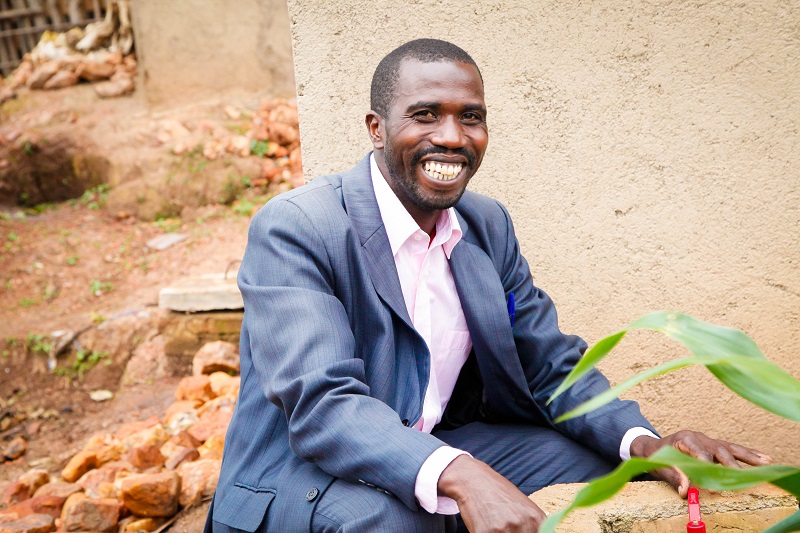
Jean Marie is also a model of sustainability. Before using manure as fertilizer, he first puts it through a biogas processor, which turns the gas into cooking fuel for his family. Even Jean Marie’s businesses flow into one another, as crops and milk from his farm supply the restaurant, while scraps from the restaurant feed his livestock.







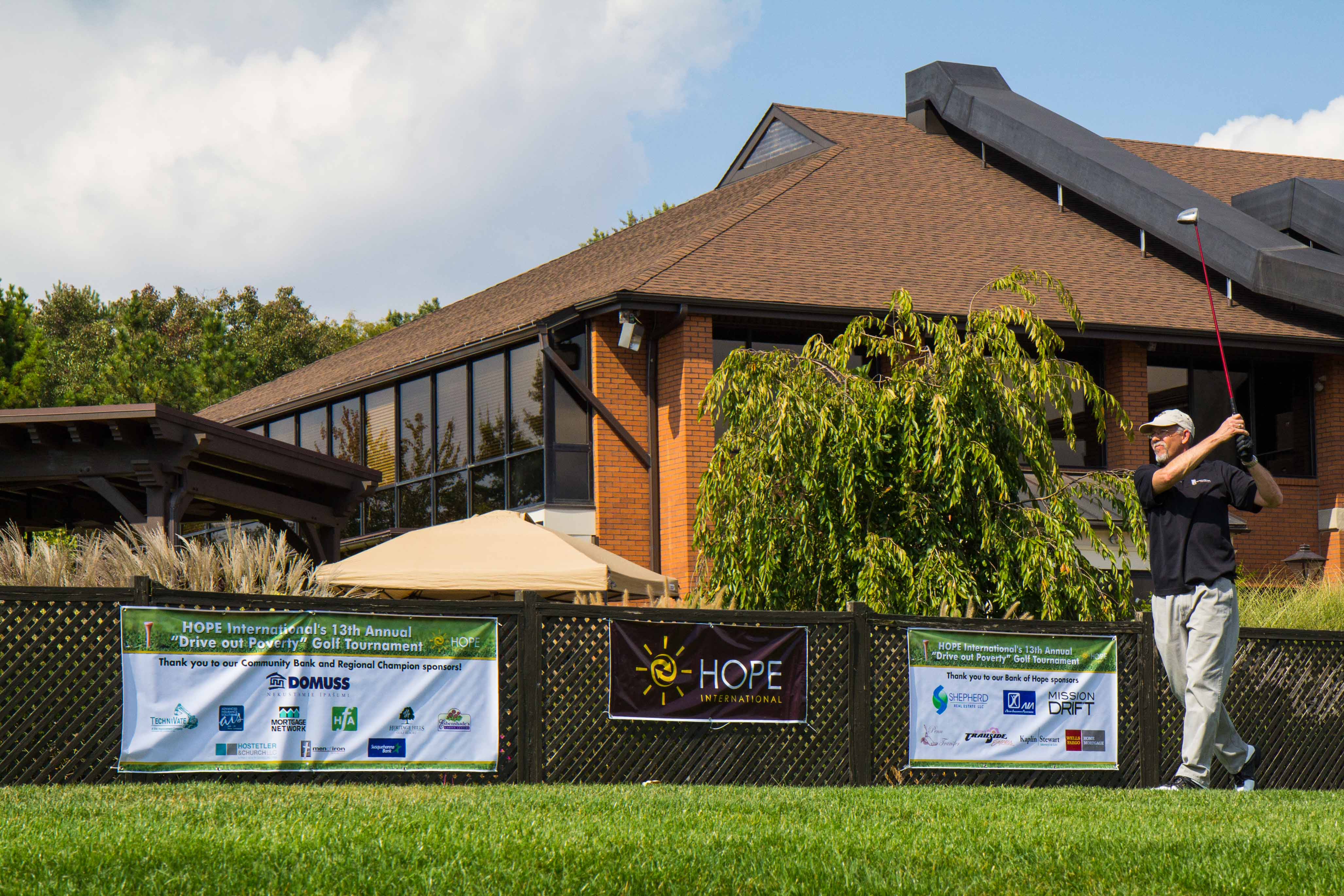
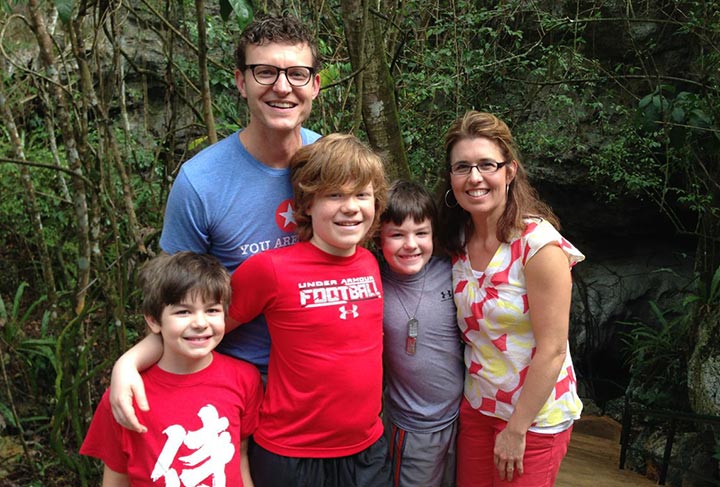
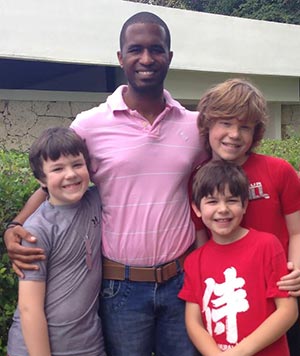 While in the D.R. we were transported in an old school bus. We traveled on dirt roads, feeling every ditch and crevice, and headed to our first bank meeting. As we pulled into the town, I was shocked by the poverty. Every floor literally was dirt, and the roofs were made out of that wavily bent metal that you pretty much only see on roofs of small huts. As we came to a stop, many Dominican children peered into the windows of our bus, some jumping up and down in excitement. As we were exiting the bus, I remarked to my mom, “I thought this was only in the movies.”
While in the D.R. we were transported in an old school bus. We traveled on dirt roads, feeling every ditch and crevice, and headed to our first bank meeting. As we pulled into the town, I was shocked by the poverty. Every floor literally was dirt, and the roofs were made out of that wavily bent metal that you pretty much only see on roofs of small huts. As we came to a stop, many Dominican children peered into the windows of our bus, some jumping up and down in excitement. As we were exiting the bus, I remarked to my mom, “I thought this was only in the movies.” Brant Wilson is a seventh grader at The Oaks Academy, a Christ-centered school in Indianapolis, IN, that is intentionally racially and economically diverse. He loves music, writing, and most of all, his friends.
Brant Wilson is a seventh grader at The Oaks Academy, a Christ-centered school in Indianapolis, IN, that is intentionally racially and economically diverse. He loves music, writing, and most of all, his friends. 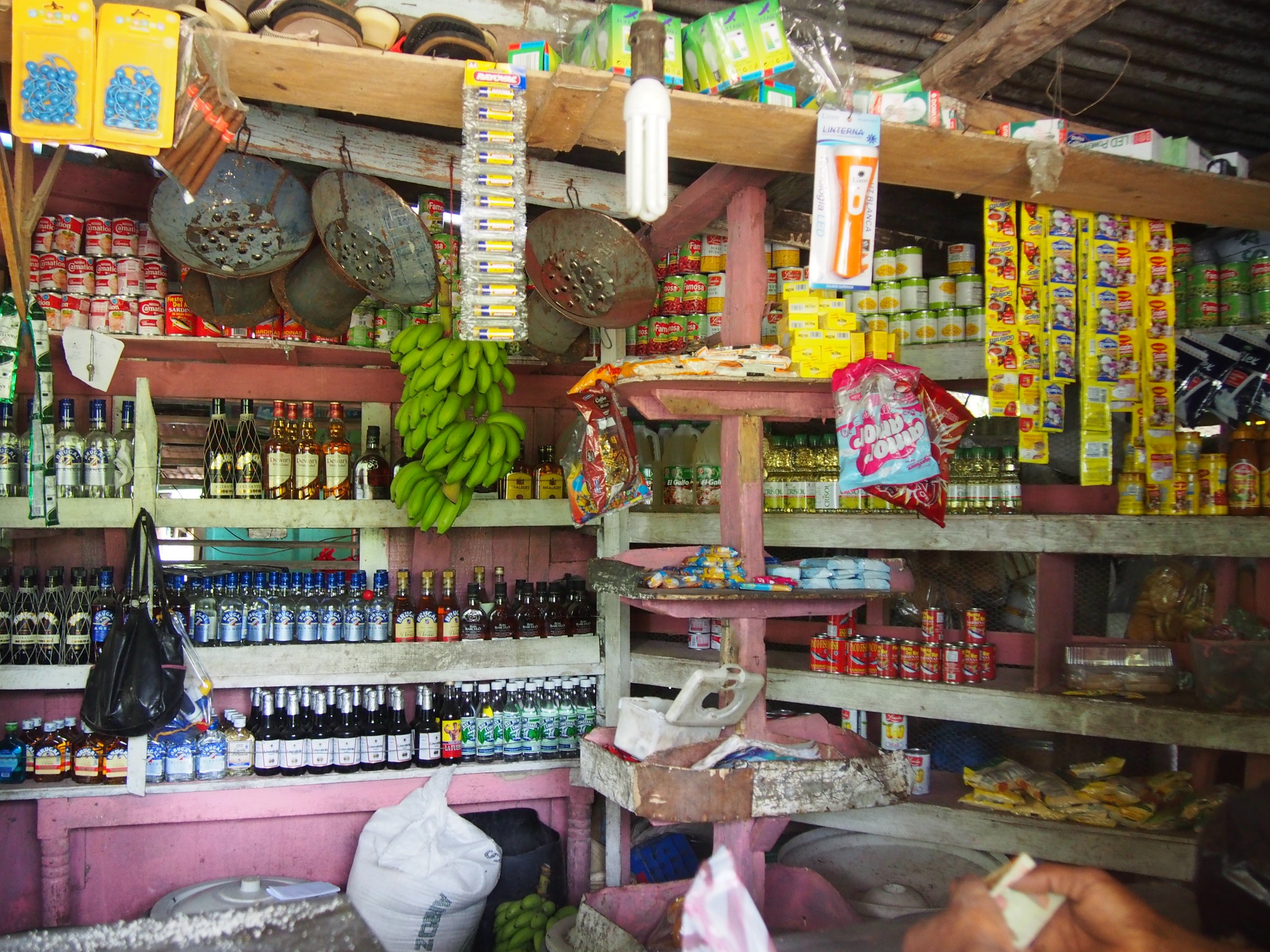
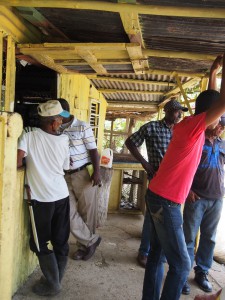 At times they share a just-purchased snack or drink, or perhaps they start a game of dominoes or chess (can you imagine a chess match going on inside your local 7-Eleven?). Many colmados keep these games behind the counter and let you borrow them, along with a few plastic chairs; a game will often draw a crowd of spectators.
At times they share a just-purchased snack or drink, or perhaps they start a game of dominoes or chess (can you imagine a chess match going on inside your local 7-Eleven?). Many colmados keep these games behind the counter and let you borrow them, along with a few plastic chairs; a game will often draw a crowd of spectators.
